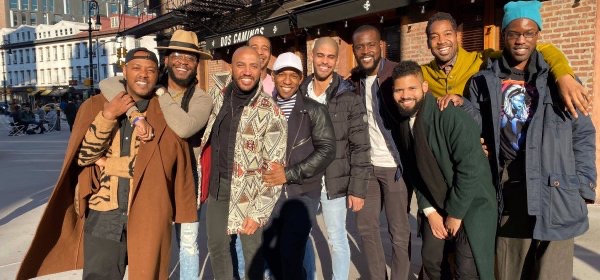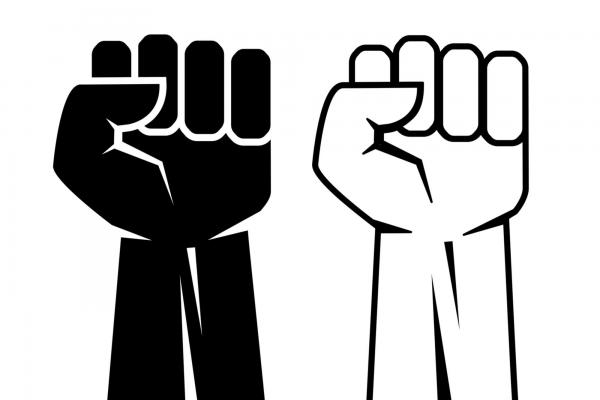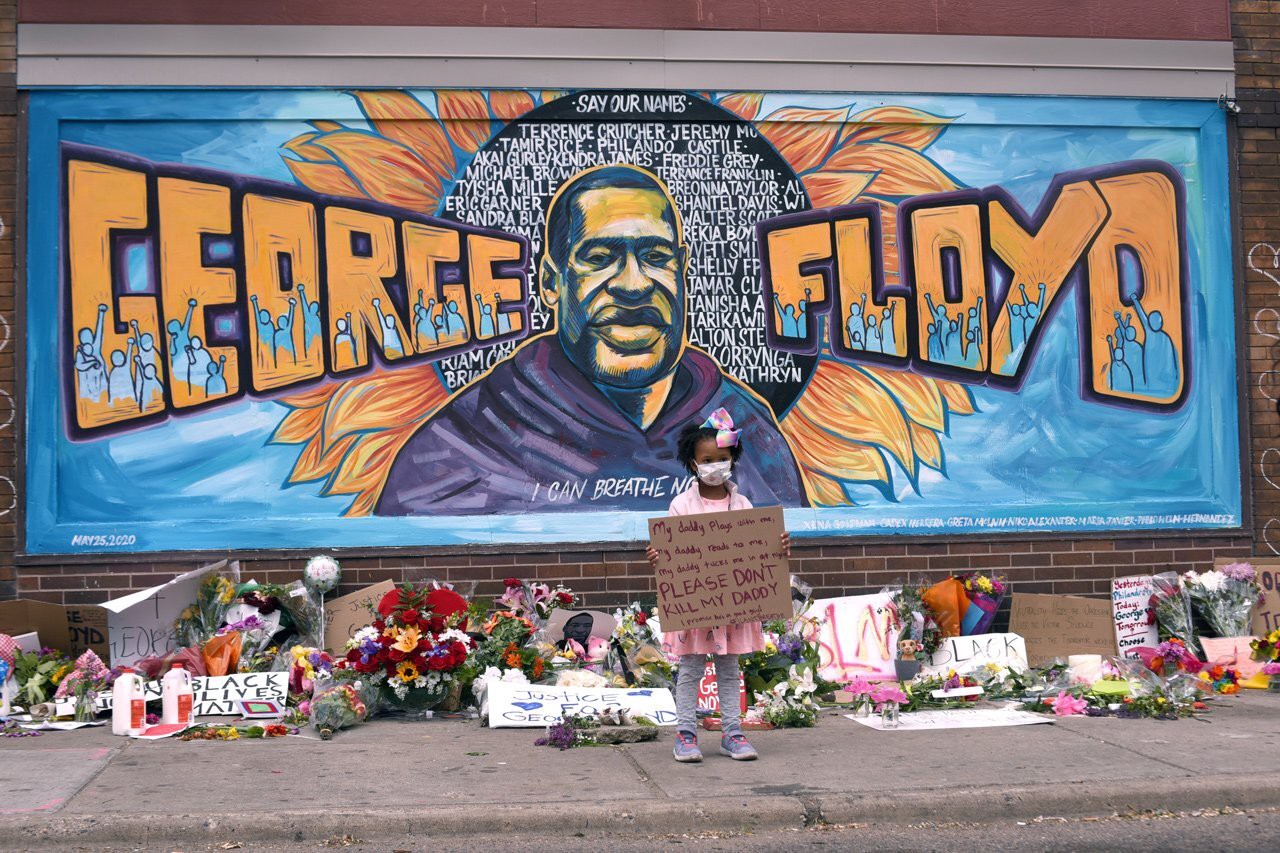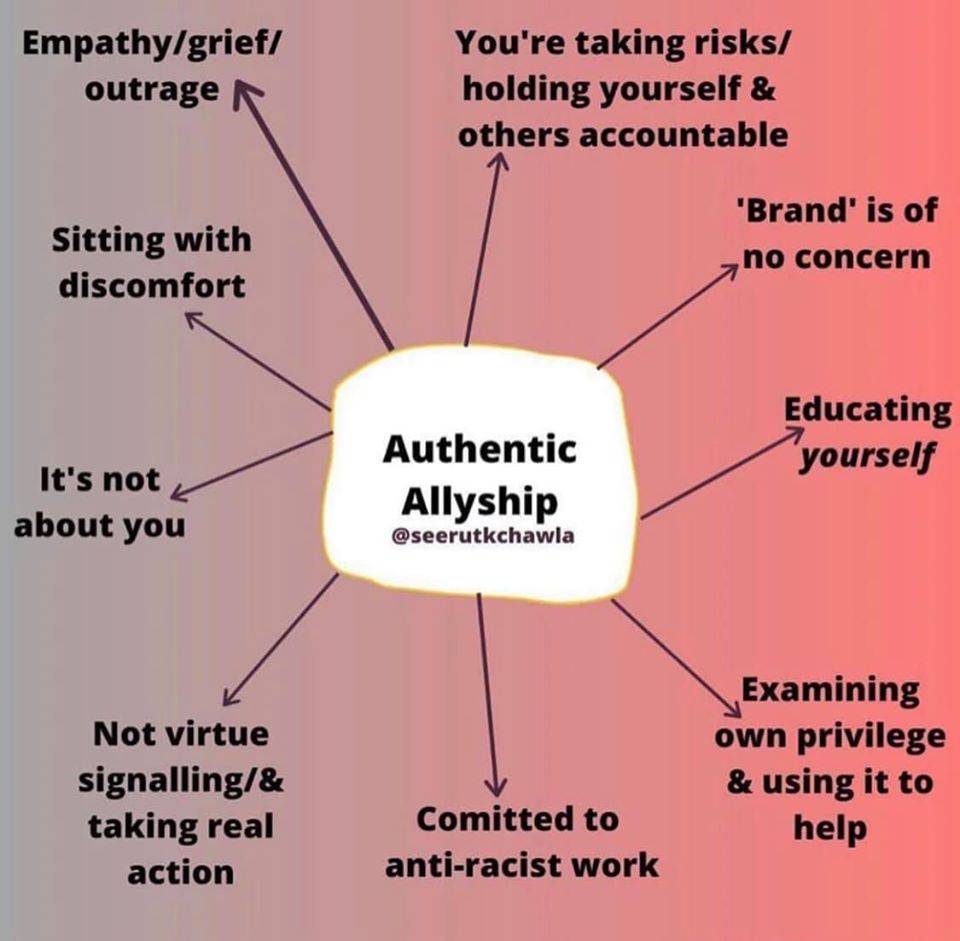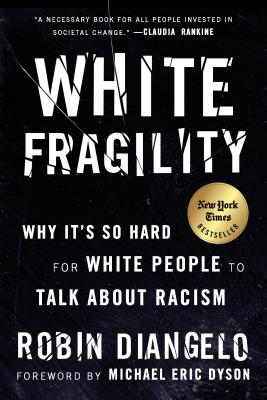
Series One ~ “White Fragility” by Robin DeAngelo
You may purchase “White Fragility” for curbside pickup at Books on the Common at 404 Main St, Ridgefield, by emailing or by calling (203) 431-9100. Read the book summary or purchase online at Books on the Common’s online store.

